Are you looking to get a tattoo but unsure how much it will cost? Look no further! In this guide, we’ll break down the various factors that affect the cost of tattoo design and help you make an informed decision about your next ink job.
First things first: the price of a tattoo depends on several key factors. These include the size and complexity of the design, the location of the shop, the experience and reputation of the artist, and the materials used in the process. Let’s take a closer look at each of these factors.
Size and Complexity
The most obvious factor that affects the cost of a tattoo is the size and complexity of the design. Generally speaking, larger tattoos with more intricate details will cost more than smaller, simpler designs. This is because it takes longer to complete a more detailed tattoo and requires more ink and time. However, some artists may charge a flat fee for certain popular designs or styles, such as tribal or geometric patterns.
Location of the Shop
The location of the shop can also affect the cost of your tattoo. Tattoo shops in urban areas with high overhead costs may charge more than those in smaller towns or rural areas where rent is lower. Additionally, some shops may offer discounts or promotions to attract new customers, so it’s always a good idea to do some research and compare prices before making a decision.
Artist Experience and Reputation
The experience and reputation of the artist are also important factors to consider when choosing a tattoo shop. An experienced artist will have a better understanding of the intricacies of tattoo design and be able to complete a high-quality piece in less time than a newer artist. Additionally, a shop with a good reputation for quality work and customer service may charge more than a lesser-known shop, as they are likely to have more demand and higher prices.
Materials Used in the Process
Finally, the materials used in the tattooing process can also affect the cost of your design. Higher-quality ink and needles may cost more, but will generally produce a better final result. Additionally, some shops may offer additional services, such as color correction or touch-ups, which may increase the overall cost of your tattoo.
Case Studies: Real-Life Examples
Let’s look at a few real-life examples to help illustrate these points. A small black and white tattoo on the wrist might cost around $50-$100, while a larger, more detailed color piece on the chest could run anywhere from $200-$800 or more.
In one case, a customer was looking for a simple tribal design on their arm. They found a shop in a small town that offered discounted rates for certain popular designs and styles, and ended up paying just $150 for their tattoo. On the other hand, a customer who wanted a large, intricate dragon tattoo on their back decided to pay an additional fee for an experienced artist and high-quality materials, ending up with a final bill of $800.
Expert Opinions and Research
According to Tattoo USA, the average cost of a tattoo in the United States is around $100 per hour. This includes the time it takes to design and complete the tattoo, as well as any additional services or materials needed. However, this price can vary widely depending on the factors we discussed above.
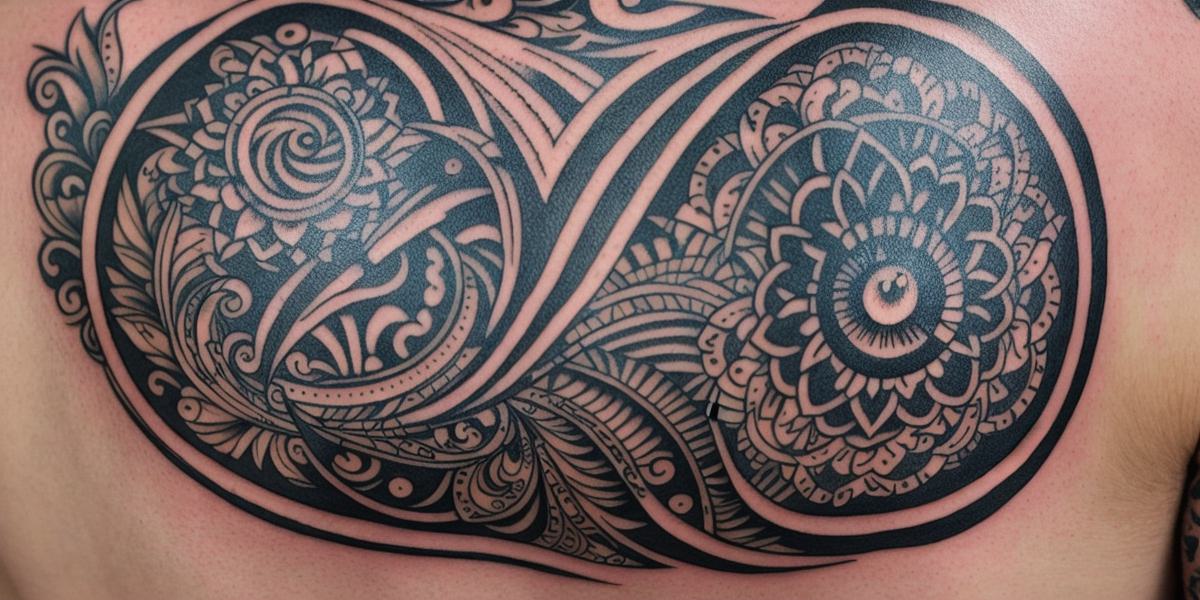

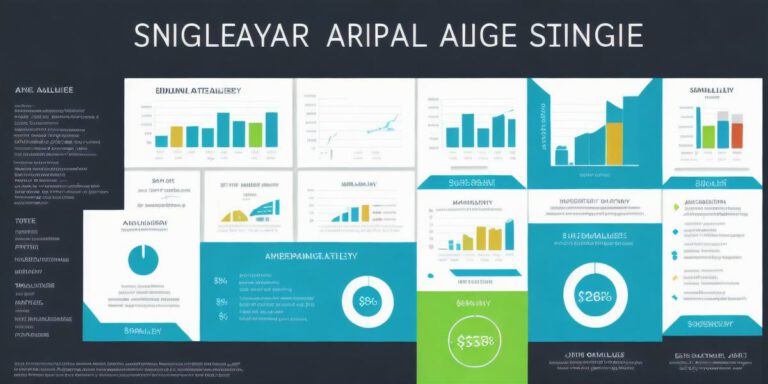
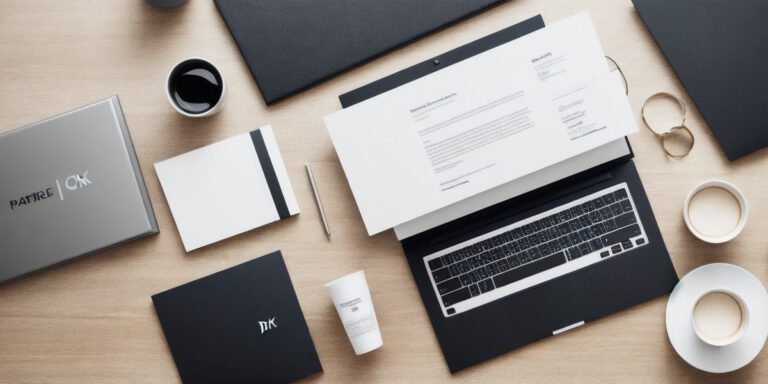
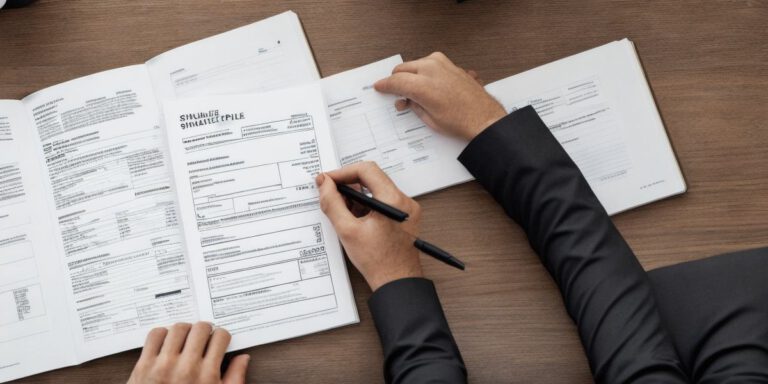
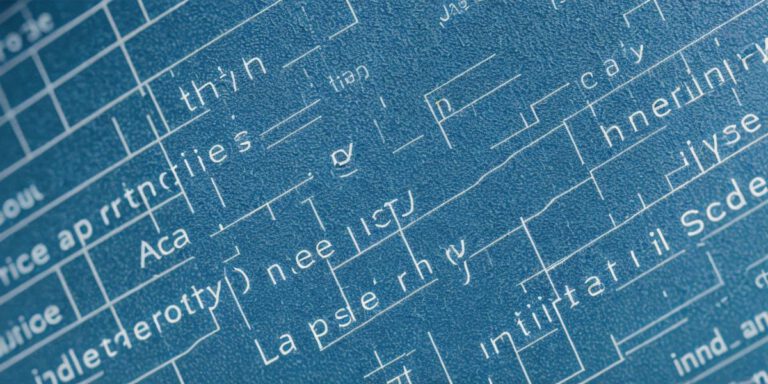
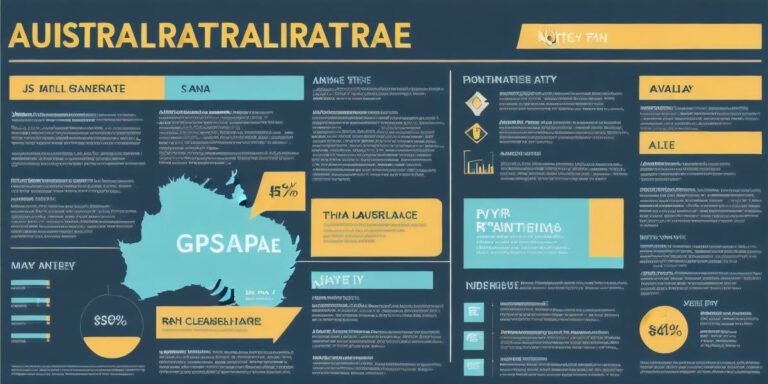
+ There are no comments
Add yours